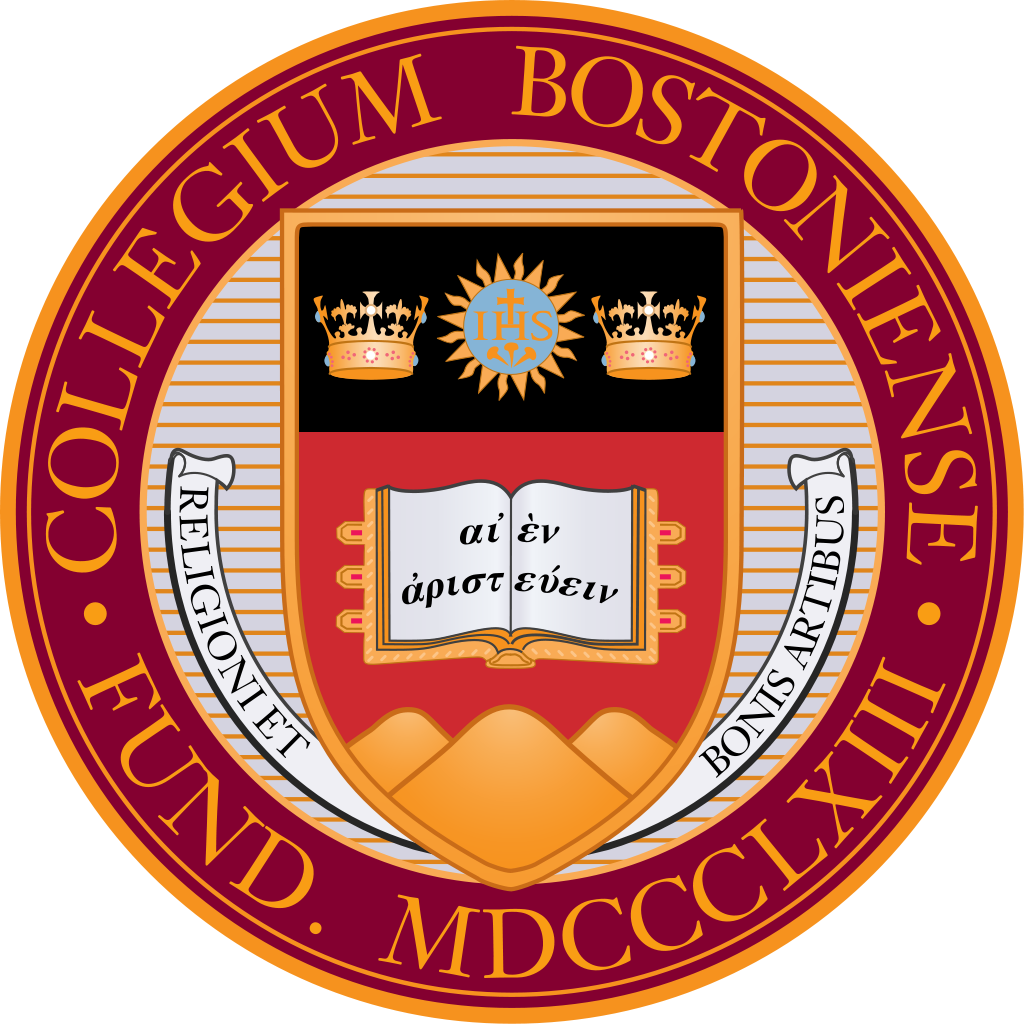By: Saba Habte
November 2017
Location, location, location is a well-established mantra emphasized by entrepreneurs, as an integral component for a successful business. If you are a budding entrepreneur planning to open a restaurant in Boston, you may be saying license, license, license—and for good reason. Thanks to an 84-year-old state law from the bygone years following Prohibition, obtaining a liquor license, while a significant determinant of financial viability, is practically unattainable, particularly for small/local and minority business enterprises. Due to the high demand and limited availability, liquor licenses have become a precious commodity for business owners, as a license can cost upwards of $400,000.
Origins of Libation Laws in the U.S.
In 1920, the Eighteenth Amendment banned the manufacturing, sale, and distribution of liquor. As a result, the Prohibition era began, ushered in by advocates who thought a federal ban would lower crime rates and improve the nation’s character and economy. After 10 years of Prohibition, however, the economy began to suffer as breweries, distilleries, and saloons were shut down, projected sales in the purchase of other goods and entertainment dropped, and restaurants could not make enough money without liquor sales.
The government lost valuable excise tax revenue totaling $11 billion dollars. Despite spending over $300 million to enforce Prohibition, crime rates rose with a rise in illegal alcohol distribution (or “bootlegging”) and the spread of illegal drinking spots (or “speakeasies”). Support for Prohibition waned and ultimately lead to the Twenty-first Amendment repealing prohibition.
Origins of the Liquor Licensing System in Boston
Following the repeal in 1933, state legislatures took control of alcohol licensing, wary of the predominantly Irish city council and the stereotypes regarding Irish drunkenness. As a result, an arbitrary cap (or quota) was placed allotting a limited number of liquor licenses to municipalities throughout the Commonwealth and mandating legislative approval for any additional licenses requested. Unfortunately, there has been very little progress on expansion of the amount of license’s granted since the law’s enactment 84 years ago.
Maintaining the Status Quo-ta
Most municipalities in Massachusetts are apportioned one on-premise license for every 1,000 residents, with the option to request additional licenses as the population increases. Boston, however, is not privy to these increases and has an arbitrary cap that has rarely been raised.
According to the Boston Licensing Board (last updated December 2016), there are about 1,100 total liquor licenses available, which are only 130 more than originally allocated in 1933. Once this cap is reached, prospective new restaurateurs face the choice of either purchasing an already issued permit (i.e. from a restaurant going out of business/closing), which can cost up to $400,000 or more or losing potential revenue from not serving alcohol. The latter option, however, creates an uphill battle since the availability of alcohol in a restaurant can either make or break a business.
The cap has only been raised twice since it was set in 1933: 2006 and 2014. In 2014, state legislatures granted the city of Boston 75 new liquor licenses to be issued over 3 years, with 60 of those new licenses restricted to underserved neighborhoods, such as Dorchester, Mission Hill, Roxbury, and Mattapan. Mattapan, however, still has no restaurants that serve alcohol, and has only 2 full licenses in the city: one for a local veteran post and another for a nightclub. Implemented to promote economic growth in the designated neighborhoods, these restricted licenses are leased from the city and cannot be used anywhere else. When a restaurant holding this license closes, the license will return back to the city and be earmarked for the same neighborhood. These licenses cannot be sold on the private market, since the owners do not own them.
Reform
This strict and outdated cap and quota especially impacts small businesses, which rely on alcohol sales for a significant portion of their profits. The financial constraints and the high cost of doing business tend to also affect small/local and minority business enterprises’ ability to bring cultural, artistic, culinary, and economic development to underserved, less affluent neighborhoods, in need of revitalization.
Councilwoman Ayanna Pressley recently introduced a new proposal, which would create over a hundred low-cost licenses. Pressley says, “the proposal is both fair to existing owners and will put us one step closer to creating more jobs, closing the wealth gap, enriching the quality of life for residents, as well as making neighborhoods a destination location.” If approved, the legislation would provide 105 restricted licenses costing about $3,000 for lower-income neighborhoods, in addition to a new bill that would create 30 additional licenses that could be used anywhere in the city. The latter has current restaurateurs very concerned.
Devaluing the Liquor License
Current restaurateurs fear that dismantling the current quota system or allowing more establishments to obtain these liquor licenses will lower the value of their existing licenses. The concern stems from the worry that new restaurateurs with low-cost permits could provide similar services better priced against existing restaurants already in debt to investors or banks for their full-cost licenses, oftentimes the restaurateur’s biggest asset. Massachusetts alcohol attorney, John Connell, believes that many ‘would-be restaurants’ will sit on the sidelines, not finalizing their leases, and wait for the lower-priced licenses to become available. Furthermore, creating additional licenses may diminish an already decreased supply of food workers, particularly in the uncertain setting of immigration policies.
Conclusion
Massachusetts’s old licensing system is outdated and change is needed to rectify the scarcity and astronomical costs of liquor licenses. Councilwoman Pressley’s proposal appears to take a more balanced approach to the licensing system, ensuring that both historically disadvantaged neighborhoods and larger establishments receive a share of the licenses to be issued. Nonetheless, the objective in any licensing system should be to serve the public interest, not to sustain the value of personal investments.
